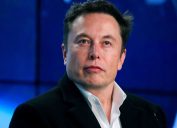King Charles is Ready to Make This One Epic Change, According to Royal Expert
Britain’s new king is a man with a mission.
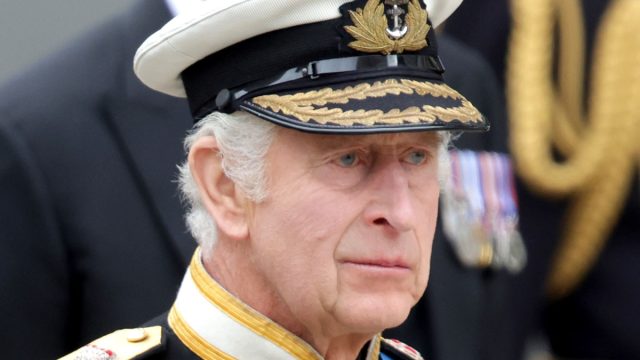
With the ascension of King Charles III to the throne, the British monarchy has made a huge transition. And more changes are on the way, news outlets report, from a streamlined "working royals" list to what may be the biggest philosophical change for the British empire. Read on to find out what it may be.
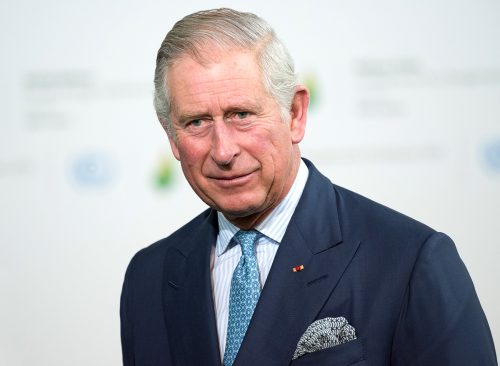
Ben Judah, author of This is London, writes in the Washington Post that King Charles' longtime interest in Islam and Arabic culture is a significant change from his predecessors. "The new king has for decades sought to free himself from what he calls 'Western materialism' by immersing himself in the world's second-largest faith," writes Judah. "As the Prince of Wales, he threw himself into the study of Islamic textiles, gardens and architecture. But he did not stop there. The king has also studied Arabic to understand the Quran."
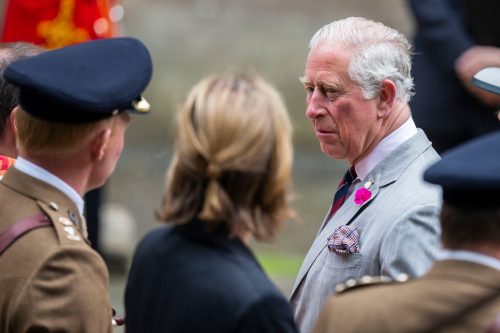
Charles has criticized the populism that has, including a thinly veiled rebuke to President Trump in 2016 and his "Muslim ban." Charles condemned the rise of "many populist groups across the world that are increasingly aggressive to those who adhere to a minority faith. All of this has deeply disturbing echoes of the dark days of the 1930s."
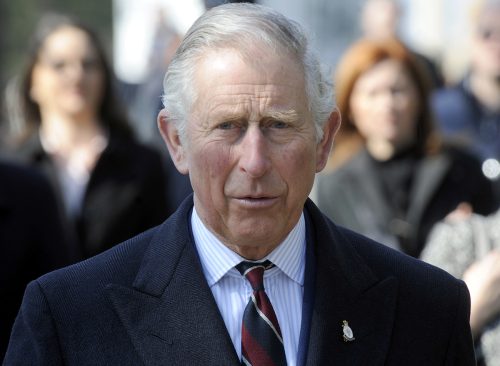
"Britain's new king is a man whose mission is to put multiculturalism — not nationalism — first," Judah concludes. Charles has said Islam is "part of our past and our present, in all fields of human endeavor. It has helped to create modern Europe. It is part of our own inheritance, not a thing apart."
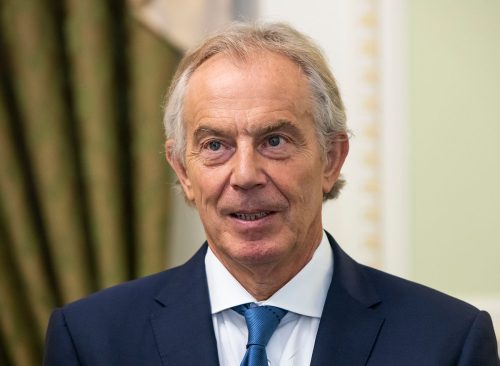
"It is the new king's fascination with Islam that has the most obviously political implications," says Judah. "As Prince of Wales, he audibly opposed Western neo-colonialism." Charles told then-Prime Minister Tony Blair that he opposed the UK joining the war in Iraq, and he is also a noted supporter of the Palestinians.
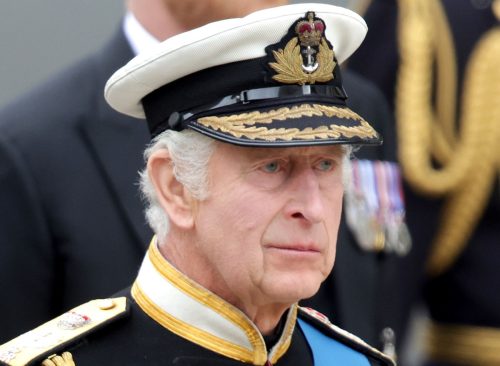
But what does that mean for policy? It's unclear. Charles has acknowledged that, as head of state, he will need to keep his political opinions closer to the vest, following the example of his mother, Queen Elizabeth, who largely operated in a space beyond politics. And some doubt how much the new king—who has a well-known taste for fancy things and the trappings of wealth—is really ready to move away from "Western materialism." And an embrace of multiculturalism and speaking out against Islamophobia might win him new friends internationally.


